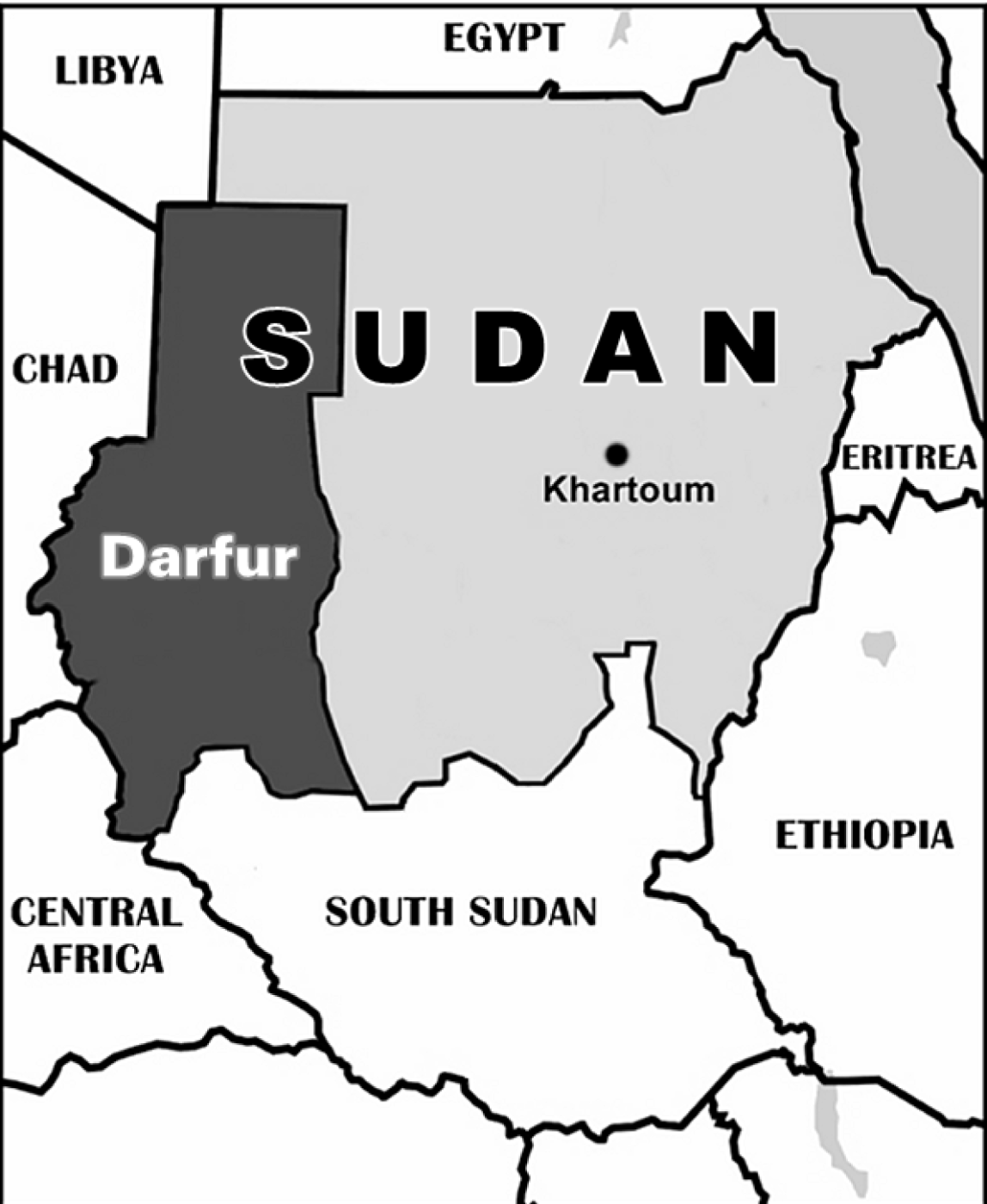
This study explored Judiya which is the main mechanism for traditional mediation, reconciliation and justice in Darfur in Sudan, in relation to humanitarian diplomacy. Ajaweed (respected elders and traditional leaders) play a central role as the mediators in Judiya. The purpose of the study was to elicit the possibilities of utilizing Judiya as a potential resource that may have more promising benefits in humanitarian diplomacy than in political rounds in the context of the Darfur crisis. The study followed a descriptive methodology based on a review of data collected mainly from research articles and documents published in the web (online). The results revealed that Judiya operates in line with humanitarian diplomacy. It embraces the fundamental humanitarian principles: Humanity, Impartiality, Neutrality and Independence. Furthermore the study observed that many tools in the practice of Judiya and Ajaweed are shared with those utilized in humanitarian diplomacy including skills, ownership, the win-win attitude in solutions, and the presence of a protocol that respects the local culture. The study indicated that Judiya leaders as individuals are fit to assume the roles of humanitarian diplomacy actors. Many obstacles and difficulties facing organizations providing humanitarian and relief services in Darfur will probably be tackled by approaching Ajaweed appropriately.
To read the entire study paper JudiyaElsanousi